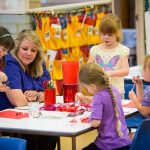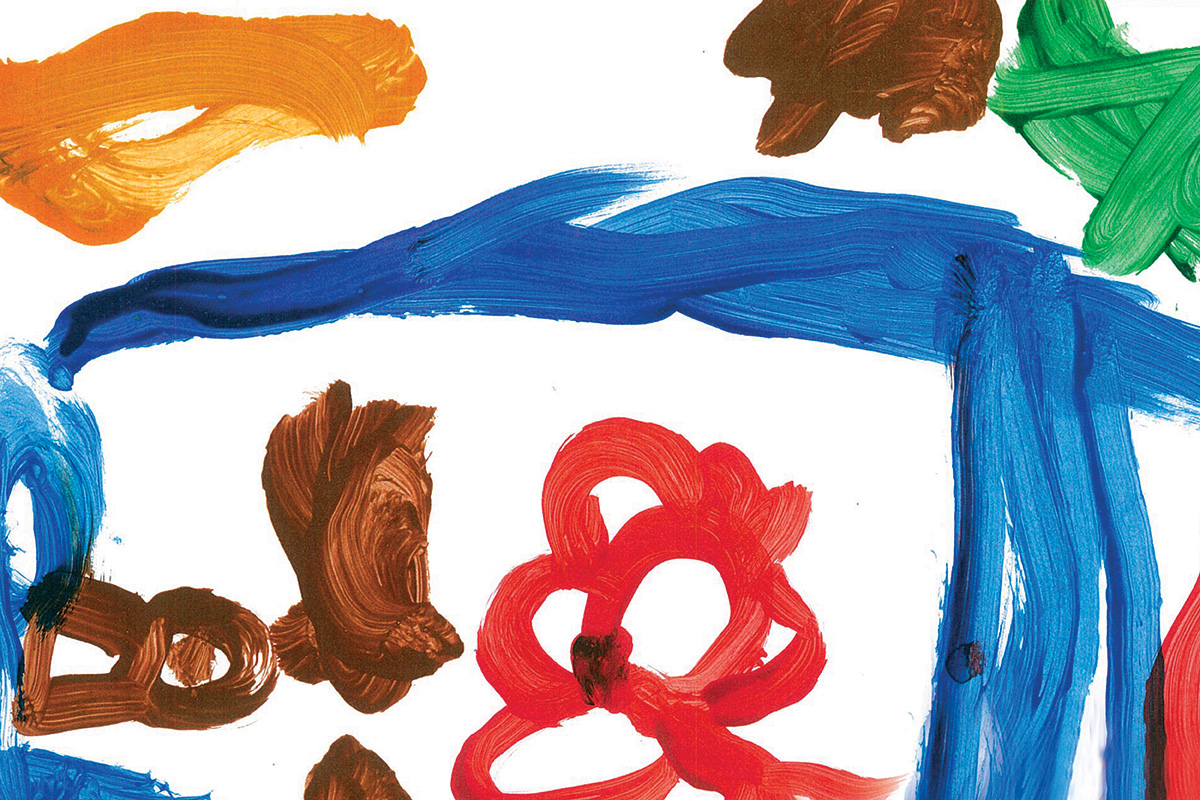Catharine Hydon and Kerrie O’Neill share nine compelling reasons why now is the time for students studying early childhood education and care to be in services doing placement.

It’s been bubbling for months but do you realise the gravity of the problem?
The niggling concern identified by the pre-service sector that many students have not been able to complete their placements has been replaced by widespread alarm. Anecdotal evidence available from pre-service teachers, especially those in the VET sector, identify that there are hundreds of Certificate III and Diploma student across the country unable to complete their qualifications. They have successfully pivoted, alongside their training institutions, to complete the theoretical components of the required units to now find themselves in a holding pattern, waiting to complete the critical placement units that enable them to become qualified members of our profession.
What’s going on, you might ask?
COVID is to blame, of course. Students have, for good reasons, been unable to complete their placement hours in services. This problem is particularly acute in large cities but is also a concern in regional locations. Still, in many cases despite the easing of restrictions, individual early childhood services and organisations across Australia have decided against allowing students to undertake placements this year. The decision is understandable; it’s been a very uncertain year. Governments have mandated strict restrictions, and collective capacities have been depleted.
However, now is not the time to decline or delay student placements. To do so will have an ongoing negative impact on the early childhood sector’s ability to provide high-quality education and care.
It may sound counterintuitive but bear with us as we offer some compelling reasons to welcome students back to early childhood services NOW.
1. We have an overarching ethical commitment to students to support them to become the best educators and professionals they can be. Colleagues helped us to become great educators, and we need to return the responsibility.
2. Great practice takes place in good times and when things are tough, so let’s invite students into our spaces, so they begin to understand the joy and complexities of children’s service provision.
3. It’s a perfect time for students to learn about the importance of risk assessments, cleanliness and planning for the health and safety of the early childhood community during a pandemic.
4. Learning to become an effective educator is about planning for what happens across a whole year, including settling children in and saying goodbye at the end of the year. Why do we ‘ringfence’ these times as not appropriate for student placements? We know it’s a busy time of the year, but it is a perfect time to offer emerging educators an opportunity to have professional experiences during this period. Students can provide fresh thinking about end of year celebrations, enrolment and orientation processes which can assist in critical reflection of dominant discourses.
5. Emerging educators need all the help they can get. Work in early childhood education is challenging, and we need more people working together as a team to share the load. However, just to be clear, it is not ethical for students to do the dirty, mundane and crappy jobs. We should provide opportunities for teams to think together with children and families to deliver meaningful learning experiences, a task made more comfortable with more people assisting.
6. Student placements address recruitment challenges. Many services report that they have found their best people via student placements. They welcome them in and never let them go!
7. Students bring new ideas and challenge our thinking – if we let them. 2020 has been a time of complexity, but it has also created space for creativity and innovation. Why stop now?
8. Australia already has significant workforce challenges in early childhood. Delaying students’ placements makes it more difficult for students to complete their qualifications, and we risk their departure from the sector.
9. And last but not least, if we don’t welcome students back, there will be no-one to work in our services into the future, and we will never be able to retire. There is a BIG pool of students waiting to complete placements. If they do not undertake these placements soon, we risk an even more significant problem – a backlog that could result in a long-term ripple effect. The most practical solution to this is to take student now.
Students are waiting—let’s welcome them back!
Authors
Catharine Hydon is the Director and Principal Consultant at Hydon Consulting. Over the last 10 years Catharine worked with a range of organisations and governments to understand and articulate quality and inspire change. With a Masters in early childhood education, Catharine has extensive experience in the early childhood sector beginning as a teacher in a kindergarten program in the northern suburbs of Melbourne to lead roles in a range of services and projects.
Catharine draws on her experience and ongoing practice research to consider how theory connects and informs practice. Specialising in early childhood practice and pedagogy, quality improvement, policy and governance, the delivery of integrated services to engage vulnerable children and their families.
Kerrie O’Neill is the Director and Principal Consultant of Early Childhood Hub. She works as a consultant for a range of different organisations, coaching, mentoring and training. Kerrie’s experience with the early childhood sector spans over 30 years. She has worked as a kindergarten teacher, a Director of an Early Learning Centre, a Trainer and Assessor delivering the Certificate III and the Diploma of Early Childhood Education and Care and as a tertiary level lecturer at Melbourne Polytechnic (formerly NMIT). Kerrie has worked for the Department of Education and Training in Victoria as both an Authorised Officer and as a Senior Policy Officer.
Kerrie is a passionate presenter whose vision is to deliver engaging, interesting and accurate information to early childhood educators.











Our services are taking in students. Happy for organisations to contact me.